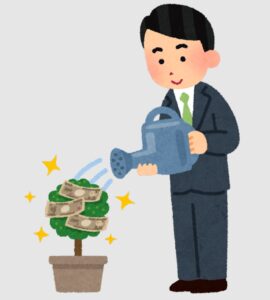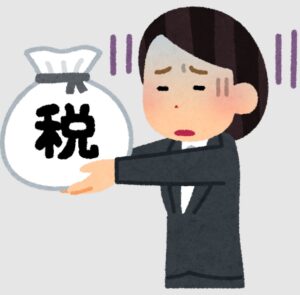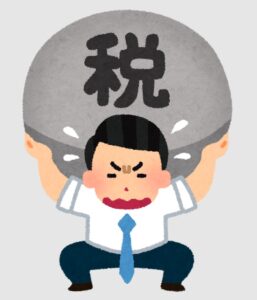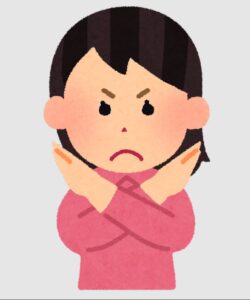管理人オススメコンテンツはこちら
「違法です|未来への投資?でも手元も大切!」
〜前回のつづき〜
●こんなに返したのに、これしか減らないの?〜繰り上げ返済の“幻想”にご注意を〜(つづき)

(3)繰り上げ返済すると手元の現金が無くなる〜つづき〜
例として
3-a)キャッシュが有る場合
住宅ローンが残り2000万円で
手元に500万円の現金が有る。
生活防衛資金は無いものとして
繰り上げ返済した場合
住宅ローンの残りが
1500万円になる訳ですよね?
手元の現金はゼロになる。
3-b) 繰り上げ返済をしなかった場合
住宅ローンの残りが2000万円のままで
手元の現金は500万円ある。

aとbどっちが危険だと思いますか?
これは

3-aの手元に現金が無い場合の方が危険
なんですよね。
もしも何か生活で困る事があるとか
仕事をクビになるとか
減給されちゃうとか
色々あると思うんですけど
突然お金が必要になった場合とか
手元の現金がゼロだったら
何か有った時に

対応出来ないんですよね。
結局金利の高いところから
借りなければならなくなってしまう。
それでは元も子もない
という事ですよね。
ただし
住宅ローンの場合は
金利が低いからという話であって
金利が高ければ話は別です。
金利によって
繰り上げ返済した方がいいかどうかは
変わるんですよね。
代表的なローンとして
・住宅ローン
→1〜2%
・自動車・デンタルローン
→5%前後
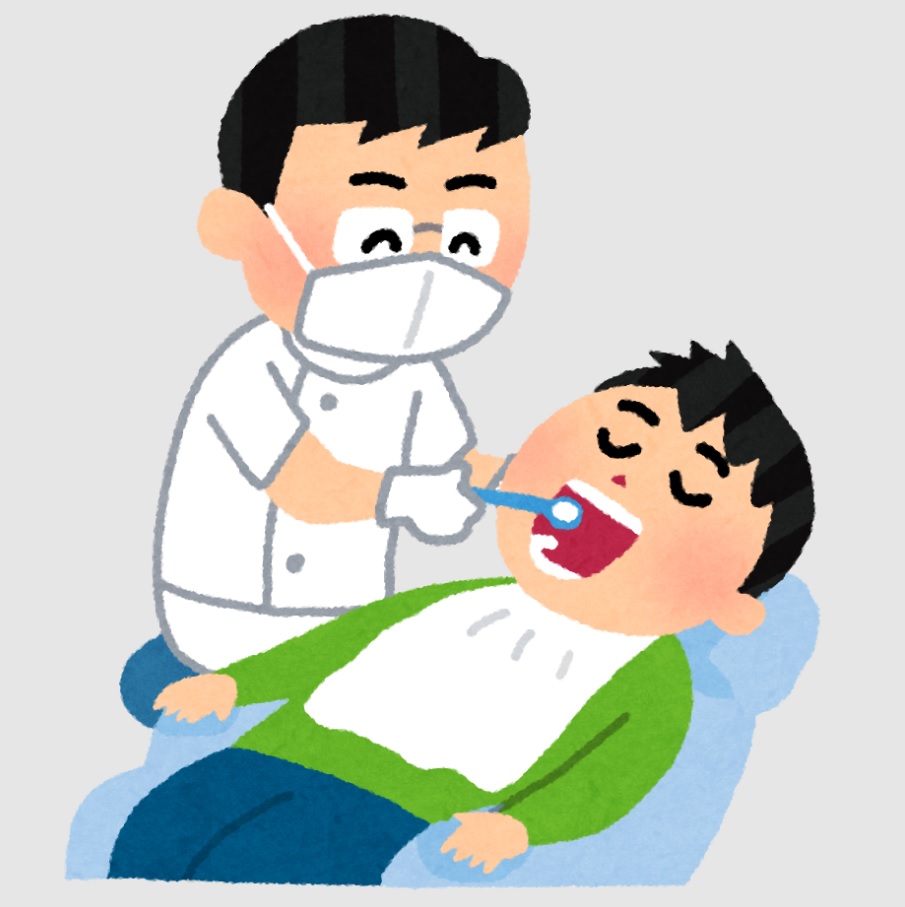
(デンタルローンは歯の矯正などを行う時に
お金が足りない時に使うローンの事)
・カードローン
→10〜15%
・消費者金融
→10〜18%
・闇金
→40%〜取れるだけ
『トイチ』という言葉もあります。
10日で10%の利子という意味で
年利にしたら一体何%なんだろう?
という世界です。
ちなみに
単利だと年利365%

複利だと年利約446,220%!!
当然
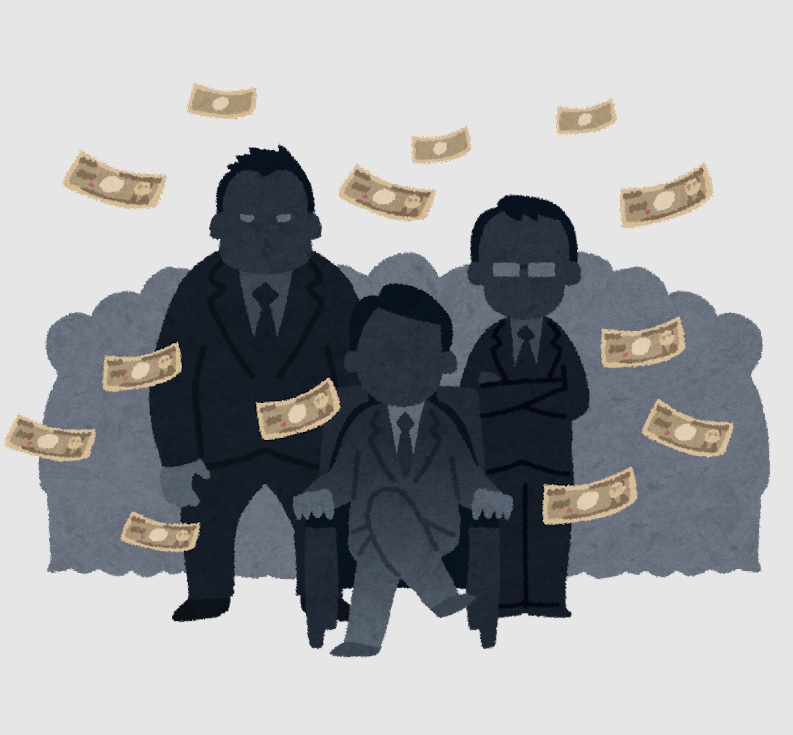
闇金というのは違法です。
〜〜〜つづく〜〜〜
Special Thanks college president Ryo.

●おまけ
≪≪Chat-GPTくんによる要約→perplexityちゃんによる文章まとめ≫≫
住宅ローンの繰り上げ返済は、利息負担を減らすメリットがありますが、手元の現金がなくなるリスクも考慮しなければなりません。
例えば、ローン残高が2,000万円、現金が500万円ある場合、500万円を繰り上げ返済するとローン残高は1,500万円に減りますが、手元の現金はゼロになります。
もし急な出費や失業など予期せぬ事態が発生した際、現金がないと高金利のカードローンや消費者金融に頼らざるを得なくなり、かえって家計の負担が増える可能性があります。
住宅ローンは金利が低い一方、他のローンは金利が高いため、繰り上げ返済をするかどうかは、金利の差や生活防衛資金の確保を踏まえて慎重に判断することが大切です。
Citations:
[1] https://www.zenginkyo.or.jp/article/life/myhome/4376/
[2] https://www.sbishinseibank.co.jp/retail/housing/column/vol24.html
[3] https://www.resonabank.co.jp/kojin/column/jutaku/column_0003.html
[4] https://www.netbk.co.jp/contents/lineup/home-loan/column/26/
[5] https://www.tokyostarbank.co.jp/feature/education/borrow/20241007_1.html
[6] https://www.jafp.or.jp/confer/soudansyu/case_28.shtml
≪≪Chat-GPTくんによる英訳≫≫
~Continuation from the previous section~
【“I’ve paid so much, but the balance barely decreased!” – Beware of the illusion of lump-sum prepayments (continued)】
(3) Making a lump-sum prepayment leaves you with no cash on hand (continued)
Let’s take an example:
3-a) When you have cash
Suppose you have a remaining mortgage balance of 20 million yen
and 5 million yen in cash on hand.
If you make a lump-sum prepayment without keeping any emergency funds,
your mortgage balance becomes 15 million yen, right?
But your cash on hand drops to zero.
3-b) If you don’t make the prepayment
Your mortgage balance stays at 20 million yen,
but you still have 5 million yen in cash.
Which one do you think is riskier — a or b?
It’s actually 3-a, where you’re left with no cash.
What if something happens — like
losing your job, getting a pay cut, or having unexpected expenses?
There are all kinds of possibilities.
If you suddenly need money and your cash on hand is zero,
you won’t be able to respond to emergencies.
In the end, you may be forced to borrow money from high-interest lenders.
That would defeat the purpose of trying to save on interest in the first place.
However, this reasoning only applies because mortgage rates are low.
If the interest rate were higher, it would be a different story.
Whether it makes sense to prepay or not depends on the interest rate.
Here are some typical loan rates:
Home loans: 1–2%
Auto or dental loans: Around 5%
(Dental loans are used when you need financing for things like orthodontic treatment.)
Credit card loans: 10–15%
Consumer finance loans: 10–18%
Loan sharks (illegal lending): 40% or as much as they can take
There’s also the term “Toichi”,
which means 10% interest every 10 days.
That makes you wonder, what would the annual interest rate be?
Well:
With simple interest, it’s 365% annually
With compound interest, it’s about 446,220% annually
Of course, such loan sharking is illegal.
Special Thanks OpenAI and Perplexity AI, Inc


